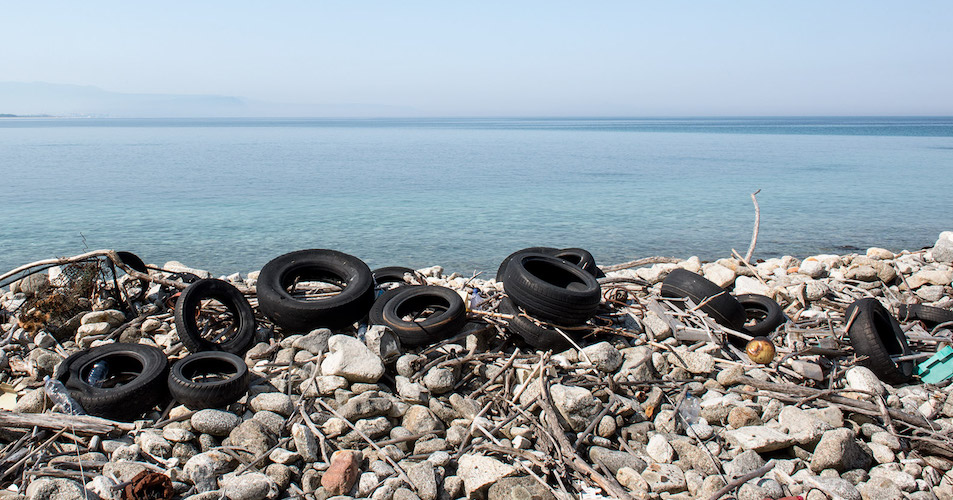The BlueMed e-training on "Understanding and acting for a healthy plastic-free Mediterranean Sea" launched

The BlueMed Initiative presents the e-training course on Understanding and acting for a healthy plastic free Mediterranean Sea, organized in the framework of the Pilot Action Healthy Plastic-free Mediterranean Sea.
Plastic pollution represents a transboundary problem and thus it requires global coordination and long-term multiple approaches to develop shared solutions. Mediterranean Sea is strongly impacted by marine litter of different size found along the coastlines, floating both on the surface and on the water column down to the seafloor and is identified as one of the seas more affected by plastic pollution at world scale, with record levels of microplastics. Marine litter directly affects living organisms and consequently human health. Thus, Mediterranean plastic pollution represents today a serious risk for the local environment and human health, threatening also some key economic sectors that rely on sea resources and heath, such as for Fisheries and Tourism. Recent reports suggest that the Covid-19 pandemic is increasing the stress imposed by litter on the marine environment, due to the higher use of single used plastic, which is considered as being more hygienic.
This course brings together experts working on Marine Litter and the Blue-economy in order to share knowledge, showcase best practices and suggest methods enabling more sustainable blue jobs in the framework of the circular economy strategy, taking into due consideration education for sustainable development and citizen science. The course aims to broadly inspire participants to be more actively involved in the minimization of marine litter either through engaging in more sustainable practices through their main professional activities or through their personal behavior.
A welcome video by Mr. Isidro González, Deputy Secretary General of the Union for the Mediterranean in charge of Water, Environment and Blue Economy:
The course consists of 11 sessions delivered in a mixed modality, some via on-line webinar and others by releasing lesson’s material on our website. You can check out the detailed agenda here.
The course is designed in two distinctive parts. The first part is focused on understanding and studying plastic pollution pathways, its impact on marine ecosystems, novel technologies for observation and removal. The second part focuses on connecting the plastics issue to the different sectors of the blue economy in a circular economy perspective, addressing at the same time the role of citizens and governance in the Mediterranean.
Participants are encouraged to follow all lectures, in order to gain a complete understanding, which will all be available in our website for future reference. However, the course is designed in a way that all lectures are independent to one another.
You find here all the information and the link for registration.
